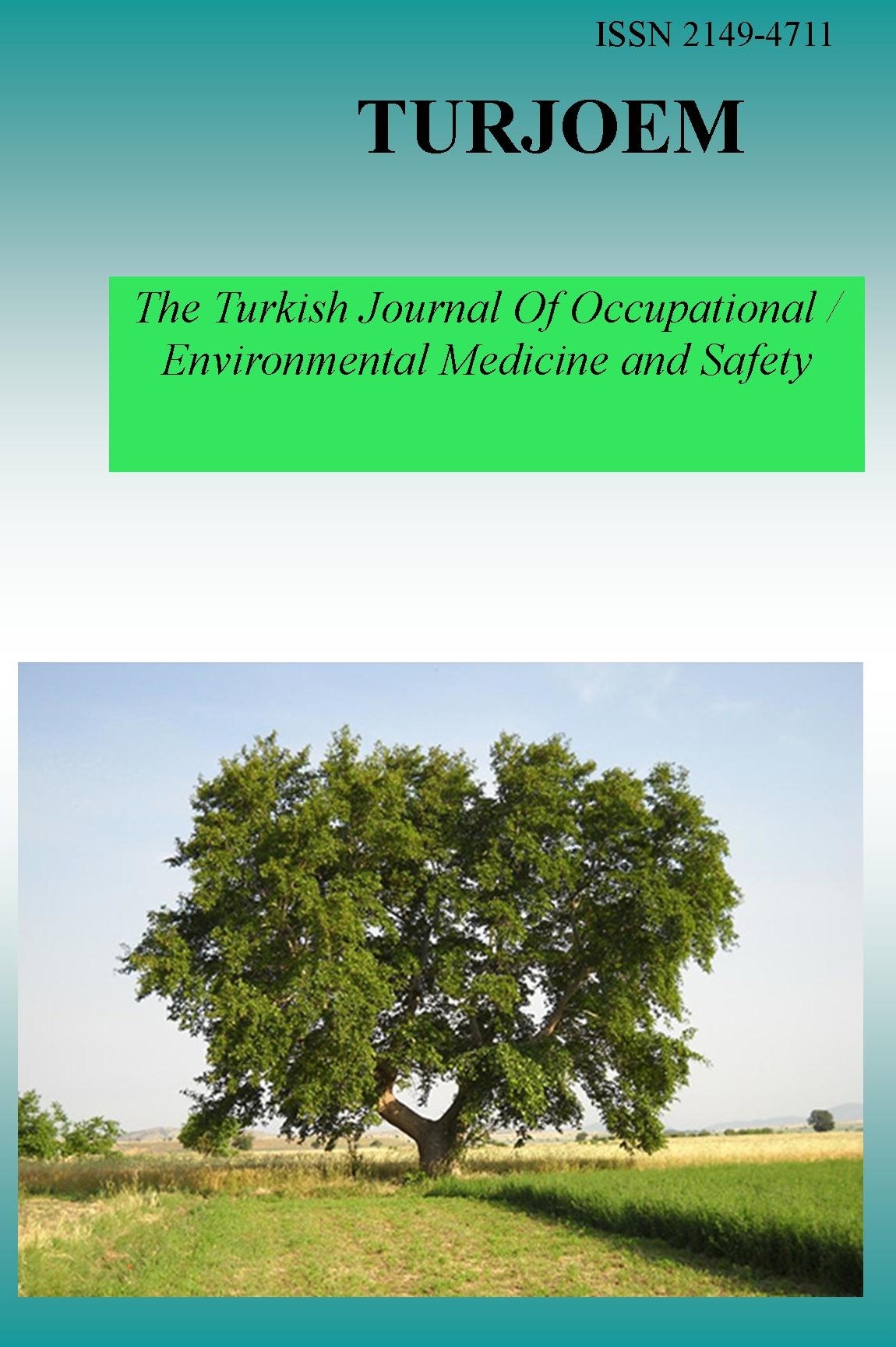Biocidals and neurotoxic effects
Biocidals and neurotoxic effects
Neurotoxicity
is harmful effect of physical, chemical or biological agents to central or
peripheral nervous system. Degenerative disorders of the nervous system may
start or increase with various agents, including biocidal products with
neurotoxic effects. Although well known acute neurotoxic effects of certain
biocides, in the long-term chronic exposure studies has shown they may block
psychomotor and cognitive activity. Many component in biocidals that we use to
protect our agriculture against unwanted pests, they target the nervous system
of insects. Due to biochemical similarities, it is thought to be toxic to the
nervous system in human. The most important point is that developing brains are
thought to be more open to this effect and it may lead to irreversible damage.
This makes biocidal neurotoxicity an important public health problem.
Organophosphates, carbamates, pyrethroids, dithiocarbamates, bipyridine and
chlorophenoxy herbicides are some of biocides that have the neurotoxic effects.
The effects occur by oxidative stress, blocking the electron transport chain by
creating metal chelates, blocking signaling cascade, by the affects on sodium channels
or through some unknown mechanisms because brain is dependent on aerobic
respiration. In addition to direct affects to our nervous system, some evidence
about biocidals has been raised lately that they may be neurotoxic indirectly
by effects such as disrupting thyroid function. Conclusion: Use of biocidals
must be examined in both acute and chronic effects which is a wide area.
Biocides with similar mechanisms that proven to be neurotoxic, should be used
carefully and must re-evaluated until shown to be harmless. Biocidal users and
practitioners should obey the instructions and in spite of clinical and
experimental evidence, monitoring and investigating neurological effects
carefully for long-term and chronic exposures, it must be among our top public
health priorities.
Keywords:
Biocidal,
Exposure, Neurotoxicity
___
- Volkan Recai Ötegen, Muhsin Akbaba, Ersin Nazlıcan
Çukurova University Faculty of Medicine Department of Public Health
